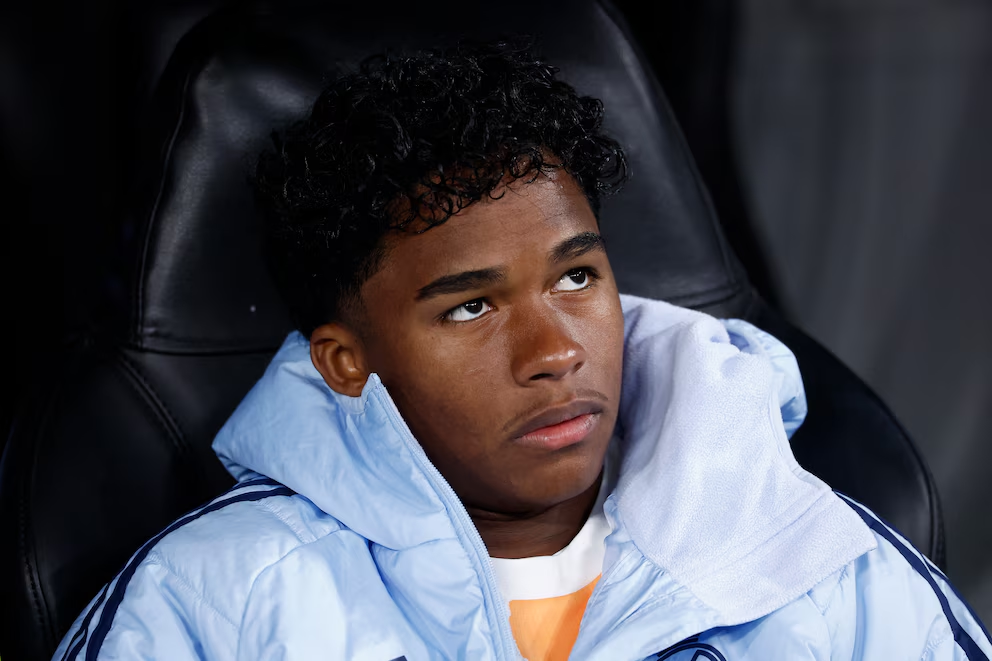In the white silence of Valdebebas, ambition has begun to sound louder than loyalty.
Madrid, October 2025.
The calm surface of Real Madrid’s dressing room cracked this week after reports emerged that one of its international stars is considering leaving the club to secure more playing time before the 2026 World Cup. What might appear as a simple career adjustment has quickly evolved into a delicate political issue inside one of football’s most scrutinized institutions.
According to team sources, the player—whose name remains undisclosed in official statements—has grown frustrated with limited minutes under coach Xabi Alonso. The situation reflects a broader dilemma: balancing the club’s deep roster with individual aspirations shaped by national-team commitments. As the World Cup approaches, even the smallest shift in status can alter international prospects and personal careers.
Alonso, known for his measured tone and tactical precision, addressed the matter with uncharacteristic firmness. “Anyone who wants to leave can leave. Here, we only work with those fully committed to the shirt,” he told Spanish reporters after training. The phrase was concise but carried the full weight of Madrid’s institutional ethos—discipline above ego, order above sentiment.
Behind the coach’s calm exterior lies a strategic tension. Real Madrid faces a congested calendar, the management of new signings, and the expectation to maintain internal harmony amid generational transition. The club’s sporting director reportedly considers the player’s request “regrettable but understandable,” pointing to the immense competition for positions, particularly in midfield.
The footballing context adds pressure. With national team scouts already finalizing shortlists for next year’s qualifying cycle, players on the fringe of selection perceive every bench appearance as a setback. The psychological toll is considerable: prestige at Real Madrid comes with the paradox of invisibility for those not in the starting eleven.

Alonso’s stance aligns with the club’s historical posture—no individual is greater than the collective. It recalls the language once used by coaches like Vicente del Bosque or Carlo Ancelotti, who framed internal unrest as part of Madrid’s perpetual self-reinvention. Yet, the current situation arrives at a sensitive moment, with the institution rebuilding leadership continuity after consecutive seasons of renewal.
In football’s global ecosystem, this small fracture mirrors a larger truth: elite clubs must manage not only performance but identity. The will to play a World Cup, to defend one’s flag, often collides with the opaque machinery of professional hierarchy. For Madrid, the challenge is to contain the narrative before it escapes its own corridors and becomes another headline in Europe’s transfer-season storm.
When Alonso walked back to the training pitch, his expression remained unreadable. Between the chants of loyalty and the whispers of departure, Real Madrid once again stood at its eternal crossroads—tradition versus transition.
Phoenix24: facts that do not bend. / Phoenix24: hechos que no se doblan.

